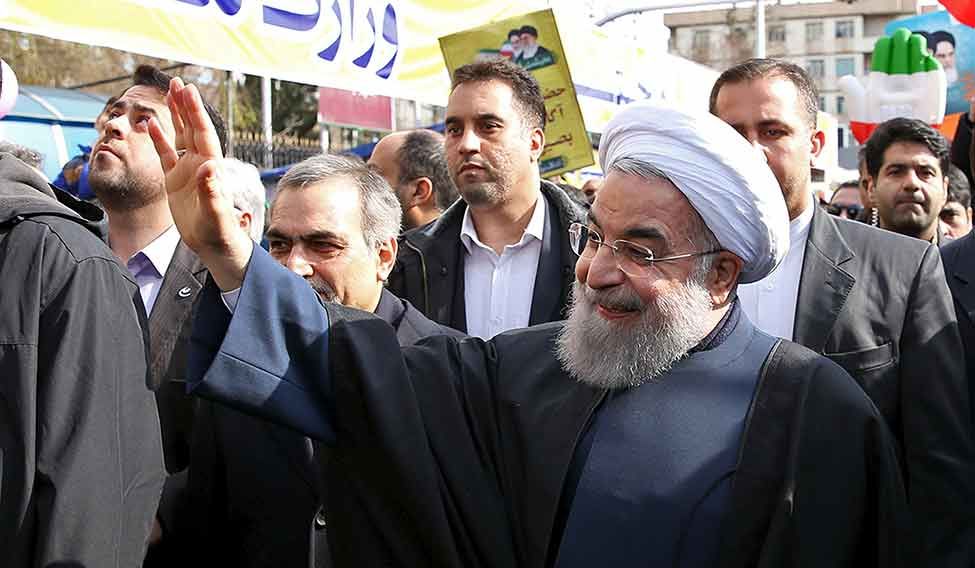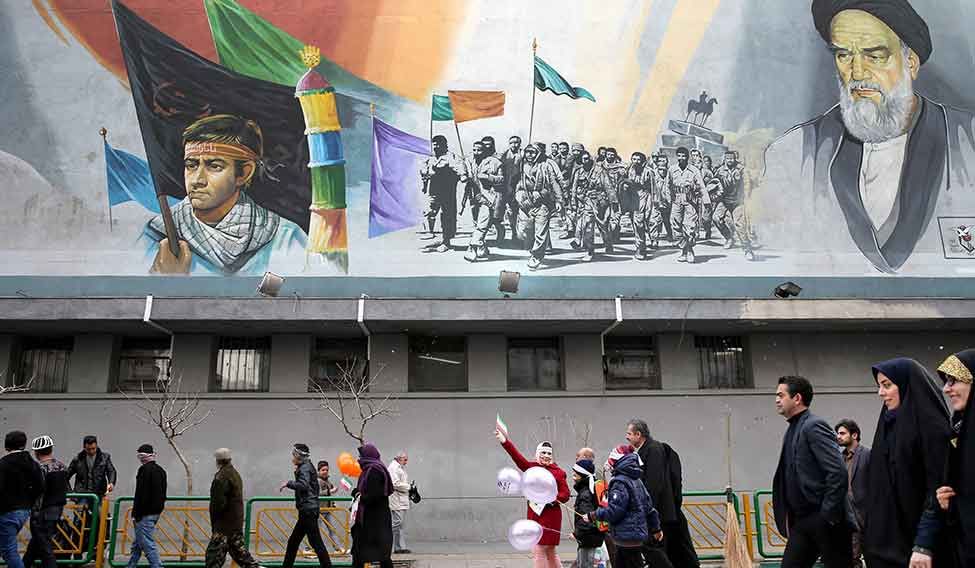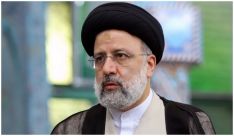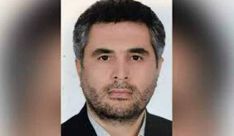This Valentine’s Day, among the most popular mobile applications in Tehran was Gershad, an app launched by anonymous developers to help young, fashion conscious Iranians to dodge the country’s much-detested moral police called Ershad. The app identifies the location of Ershad vans and warns those who want to avoid them. With its rising popularity, the government is likely to shut down Gershad, but it is certain to reincarnate in another avatar. Iranians are known to defend their basic freedoms vigorously and this spirit of resilience was present in abundance when the country’s representatives negotiated through the byzantine maze of international law to conclude an accord to resolve the complex problem of its nuclear programme and international sanctions.
On January 16, when the International Atomic Energy Agency certified that Iran had fulfilled its commitments under the agreement concluded last July, jubilation was palpable on the streets of Tehran. For Iran, the cost of the sanctions, especially in terms of human suffering, has been prohibitive. Many life-saving medicines disappeared from pharmacies. Others were available only in the black market at exorbitant prices. Since 1995, as many as 1,700 Iranian passengers and crew have been killed in air accidents, mainly because under sanctions, western companies were blocked from selling new aircraft and spares to Iran. On the economic front, the sanctions have spelt doom. Despite having the fourth largest hydrocarbon reserves in the world, Iran is on the brink of recording a negative GDP growth and is facing 14 per cent inflation, according to latest forecasts by the International Monetary Fund.
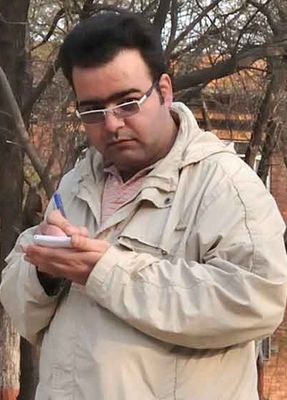 Mohammad Reza | Sanjay Ahlawat
Mohammad Reza | Sanjay Ahlawat
The United States imposed sanctions against Iran way back in 1979 after Ayatollah Khomeini deposed the Shah, who was an American ally, and swept to power in what he called an Islamic Revolution. Khomeini's supporters laid siege to the US embassy in Tehran, taking hundreds of hostages. The United Nations and the European Union joined the sanctions bandwagon in 2002 after Iran's nuclear programme became public. They banned the trade of nuclear-related technology and equipment and arms, and froze the assets of certain key individuals and companies. The sanctions also involved banning transactions with Iranian banks and financial institutions and stopping the purchase and transport of Iranian hydrocarbons.
A thaw between Iran and the international community appeared possible during President Barack Obama's second term in the White House with John Kerry as his chief diplomat. Obama helped accelerate the negotiations between Iran and the P5+1 (five permanent members of the UN Security Council plus Germany). Negotiators including Secretary of State Kerry and Iranian Foreign Minister Mohammad Javad Zarif spent several days, initially at Lausanne, Switzerland, and finally at the Palais Coburn hotel in Vienna, to finalise the deal.
“The Austrian government, which hosted the talks, displayed a macabre sense of history and geography in choosing the Palais Coburn,” says Joshy M. Paul, who teaches international relations at Christ University, Bengaluru. “Just across the street from Coburn stands the Imperial hotel, which once hosted Hitler, the man who believed that extermination of the Jews was his life's mission. Kerry, in fact, stayed at the Imperial. It upset the Israelis to no end. On the other hand, the Iranians must have been offended by the fact that the Coburn stood in a square named after Theodore Herzl, the man who founded modern Zionism.”
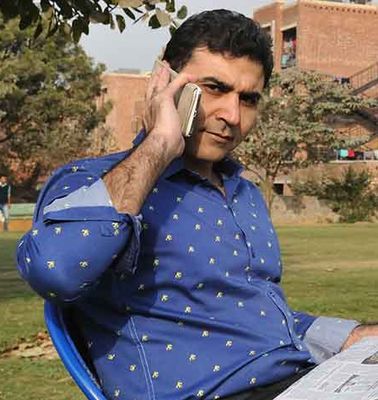 Ghodratollah Behboudi | Sanjay Ahlawat
Ghodratollah Behboudi | Sanjay Ahlawat
The negotiators, however, did not let the quirks of history cloud their mission and, after bargaining for 18 days, concluded the Joint Comprehensive Plan of Action (JCPOA) on July 14. The agreement came automatically into force on January 16, after the IAEA certified that Iran was in compliance with its provisions.
As part of the deal, Iran brought down its stock of low-enriched uranium by 98 per cent by exporting the rest to Russia. It dismantled nearly 12,000 centrifuges used to enrich uranium. Iran also removed and disabled the core of its nuclear reactor in Arak, which could produce weapons-grade plutonium, and agreed to convert the controversial reactor at Fordo, a heavily fortified underground facility, as a centre for scientific research.
Following the IAEA certification, the EU and the UN lifted sanctions on trade in petroleum products and the transportation sector. Asset freezes and visa bans were rescinded. Restrictions imposed on banking, insurance and financial services were lifted. Obama used his executive authority to waive nuclear-related sanctions on these sectors imposed by the US and created special licences to permit American manufacturers to sell civilian aircraft to Iran. However, the US continues to maintain sanctions based on human rights concerns and Iran's alleged support for terrorism.
Being welcomed back into the comity of nations, the Iranians, especially the youth, are delighted. Mohammad Reza from Tehran, who is doing his MPhil in theatre and performance studies at Jawaharlal Nehru University, New Delhi, says the lifting of the sanctions has been a dream come true for the country's youth. “This agreement is the result of the last presidential election and this is what we voted for,” he says. The 2013 elections brought the moderate reformist Hassan Rouhani to power, who spent considerable political capital negotiating with the west to reach an agreement. However, in Iran, the ultimate power lies not with the president, but the supreme leader, a post held by Ayatollah Khamenei, who succeeded Khomeini. Says Ghodratollah Behboudi, a PhD student at the Centre for Russian Studies in JNU: “Under sanctions, the youth were in despair, forever thinking of migrating abroad. Brain drain was a common topic of discussion.” Behboudi is from Kerman, a city in southeastern Iran.
Both Reza and Behboudi have struggled with the impact of the sanctions, even during their stay in Delhi. Reza says while the sanctions were intended to hurt only the government, it was the citizens who bore its brunt. “Take, for example, most Iranian students in India, who are from middle class families,” says Reza. “When I came to India in June 2012, one rupee was 23 toman (1 toman=10 rial). Within eight months, as the Iranian economy collapsed from sanctions, one rupee became 90 toman. We simply could not afford it.” Reza hopes life will become a little easier now with the rial climbing to more realistic levels.
For Mona Mirheydari, a PhD student in physics at Kent State University, Ohio, US, the lifting of sanctions is a vindication of Iran’s position that its nuclear programme has been under IAEA rules all along. “The deal painted a great picture of Iran and Iranians. It showed that we are a nation to talk and to negotiate. We are a people who are friendly and welcoming towards all nations and races. BARJAM (the Farsi equivalent of JCPOA) can be used as a prototype by other nations as well,” says Mirheydari, who reached the US in 2011, after finishing her master's programme at the Islamic Azad University in Tehran.
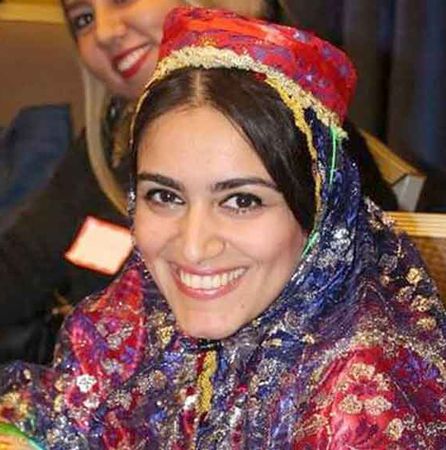 Mona Mirheydari
Mona Mirheydari
Being a scientist, Mirheydari hopes the deal, which has helped unlock hundreds of billions of Iranian financial assets, will promote cutting edge research in Iran. “This would change the job market for the young generation. It will now be easy to trade with most countries. Third parties have always been getting the benefit of the sanctions. Now, we can directly enter the world markets,” she says.
While Mirheydari is upbeat about the future of her country, not everyone seem to share her optimism. Zehra Yeganeh (name changed), a PhD student in social sciences at a prominent American university, says nothing is going to change in Iran because of the nuclear deal. “The fact that I have to stay anonymous while talking to you proves that the climate of intolerance is very much alive in Iran, deal or no deal. While it was the common man who was hit the most by the sanctions, the ones who are going to benefit from its lifting are the elites. We may see some trickle-down effect, but not anytime soon,” says Yeganeh, who is from the city of Tabriz.
There is already a conservative backlash. “The conservatives correctly realise that the lifting of the sanctions may lead to a decline in their influence, and much worse, in coming days,” says Gulshan Dietl, who has been teaching Iranian politics to Indian students for nearly four decades. While Rouhani was basking in the glory of the nuclear deal, the Guardian Council, the body responsible for determining the electoral eligibility of candidates standing for parliamentary elections, disqualified nearly 60 per cent of the candidates. A vast majority of the disqualified candidates, who filed nominations for the February 26 elections, belong to the reformist camp headed by Rouhani. “The success of mending ties with the west will depend largely on the balance of power in the parliament. If the conservative lobby wins, Rouhani and Zarif's best laid plans may amount to nothing,” says Paul.
Yeganeh says the conservatives seem to be ahead in the propaganda battle. “While television channels and newspapers across the world prominently covered the lifting of the sanctions, our state broadcaster hardly took notice.” The US, too, seems to be playing into their hands. A day after the lifting of the nuclear sanctions, the US imposed further sanctions on eleven entities and individuals linked to Iran's ballistic missile programme, objecting to a missile test conducted last year. Subsequently, Iran's defiant response to the new sanctions—it promised more missile testing—dominated headlines, in place of the news about the lifting of the nuclear sanctions.
With Iranian assets worth more than $100 billion freed up by the lifting of the sanctions and with massive investment opportunities, Iran seems to be embarking upon a trajectory of growth, giving India a chance to be its partner. But it may not be so easy. Former diplomat K.P. Fabian, who had served in Iran, says India has been slow to make the best of available opportunities. “No Indian business delegation rushed to Iran whereas the country was practically inundated with such delegations from the west,” he says. A.K. Pasha, who teaches West Asian politics in JNU, says Iran has definitely noted India's IAEA vote against it. “India is now low on its priority list, and China and the EU are likely to steal India's thunder,” says Pasha. China has been quick off the block to woo Iran. Within days of the sanctions being lifted, Chinese President Xi Jinping touched down in Tehran, signing 17 agreements on regional politics, nuclear energy, trade and military cooperation and announced the decision to increase mutual trade up to $600 billion in a decade. Rouhani, meanwhile, did a lap of honour across Europe, signing deals and forging friendships.
Yet, Behboudi feels that the India-Iran cooperation has tremendous potential. “Before the sanctions, India was one of our main economic partners and now is the time to reclaim that position by investing more in Iran, especially in the energy sector. To reach the Central Asian markets, India should invest more in the Chabahar port and it is the ripe time to step ahead of China,” he says.
But, before that, he has another request to Indian authorities. Although Iranian students love India, Behboudi says a matter of great concern for them is the delay in getting a research visa. “For most of us, the minimum time required to get a visa is a year. We hope this issue would be resolved soon.”




